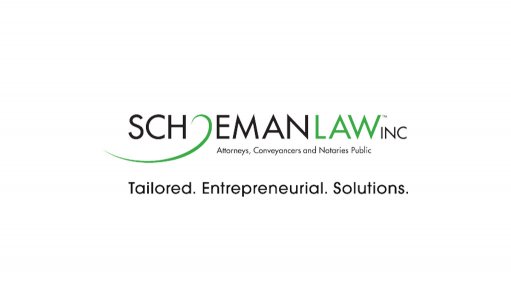
In the age of knowledge, transparency and the pre-imminence of the fourth industrial revolution, directors must consider the future and adapt to what they foresee. Put differently; directors must take responsibility for strategic opportunities and problems that will arise in the future.
A key measure of long-term success is a leader’s ability to innovate and experiment with new ideas, while still taking into account the risk associated with navigating novel strategies, products and ideas.
A recent survey conducted by Deloitte has recognised that the rapid rate of change of markets and technology is a clear barrier to developing effective strategies. Further, many leaders express concern that a lack of vision, too many technology choices and structural and organisational silos are further barriers to developing effective strategies to suit the fourth industrial revolution.
What is evident is that while Society, Markets and Technology continue to change, leaders of companies are under increasing pressure to take risks, support innovation and continue to comply with codes of good governance, such as the King IV Code, all of which cite that companies are corporate citizens who play an integral role in society.
Leaders thus face contradicting internal and external pressures demanding that companies continue to adapt to rapidly changing markets, while still generating some form of value and being a responsible corporate citizen.
Directors must choose between various new technologies which are constantly being developed, replaced and re-imagined. The societal and economic impact and risk of some technologies are far-reaching, with the potential of leading to an equal level of success or failure.
What is evident is that complexity is a key feature of the modern marketplace. Although a high reductive sentiment, this inherent complexity could be the single biggest risk facing most leaders. Small changes, no matter how seemingly insignificant, seem to have ripple effects elsewhere in an organisation and society.
In an age where society demands rapid changes and an inherent level of adaptability, managing unknown risks has become a measure of success. However, the risk associated with making isolated decisions is too great, and as such leaders must draw from the entire system to make proper strategic decisions.
Corporate good governance, as per King IV supports this notion – the company is a corporate citizen whose decisions and actions must take into account all stakeholders and must strive for sustainable development.
It can be argued that the effective future-focused leader must, therefore, strive to create a highly adaptive organisation which can engage in a level of risk and innovation while still being resilient enough to deal with failure. The bottom line is no longer measured by profits, but rather by the successful management of knowledge.
Written by Reenen Lombard, SchoemanLaw Inc, www.schoemanlaw.co.za, Twitter: @ReenenL